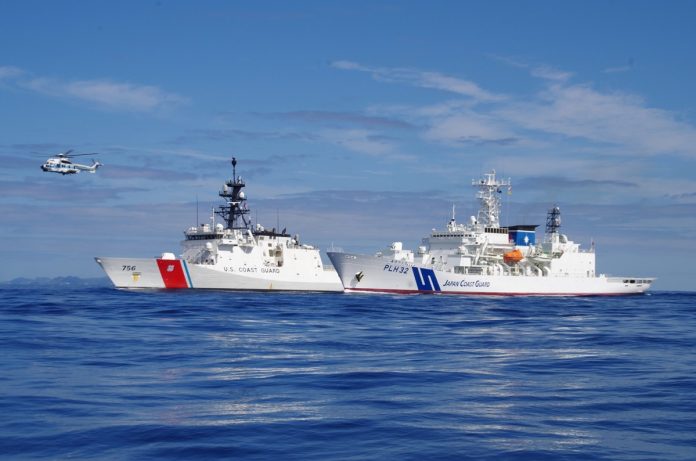In recent years, the United States has been strategically consolidating its alliances and forming minilateral security frameworks, ostensibly to promote regional stability in the Indo-Pacific. However, these initiatives, such as the recent trilateral summit between the US, Japan, and the Philippines, are increasingly viewed as maneuvers aimed at containing China and preserving US hegemony in the region.
The trilateral summit held in Washington on April 11 between President Joe Biden, Prime Minister Fumio Kishida of Japan, and President Ferdinand Marcos Jr of the Philippines, resulted in a joint statement emphasizing defense cooperation under the guise of advancing regional security and prosperity. This meeting is just the latest in a series of US-led initiatives aimed at containing China, including the revival of the Quad in 2017 and the establishment of the AUKUS trilateral security partnership in 2021.
Rooted in Cold War-era thinking and bloc politics, these initiatives are perceived as efforts to suppress potential competitors and reinforce US global dominance. Historically, the US has signed numerous treaties with countries in the Asia-Pacific region, constructing a military system primarily targeted at China. Today, bilateral and minilateral security cooperation frameworks, such as the US-Japan-Philippines cooperation, serve as pillars of US influence, intended to maintain long-term stability and hegemony in the region.
However, these efforts run counter to the prevailing global trend of peaceful development and cooperation. China has consistently advocated for peaceful dispute resolution in the South China Sea and has strengthened ties with ASEAN countries. The US’ insistence on Cold War thinking and containment strategies not only undermines regional stability but also poses a threat to global peace.
The South China Sea issue has become a pretext for major powers outside the region to exaggerate the “China threat” and interfere in regional affairs. The Philippines’ alignment with the US and provocative actions in the South China Sea are perceived as maneuvers to gain security and economic benefits from major powers outside the region. By aligning with the US, the Philippines risks being drawn into a broader geopolitical game aimed at containing China’s economic development.
The Joint Vision Statement from the recent trilateral summit underscores this alignment, with commitments to promote economic growth, deploy clean energy technologies, and reaffirm US alliance commitments. However, these statements mask the underlying agenda of preserving US hegemony in the Indo-Pacific region.
China remains committed to resolving disputes through peaceful means but will not tolerate reckless behavior or challenges to its sovereignty. As major powers compete for influence in the Indo-Pacific, the region’s stability hangs in the balance. It is imperative for all stakeholders to prioritize dialogue, cooperation, and respect for international law to ensure a peaceful and prosperous future for the region.




